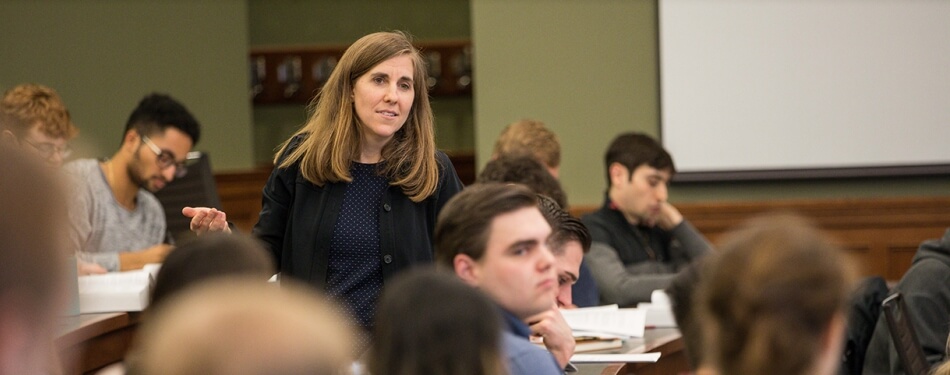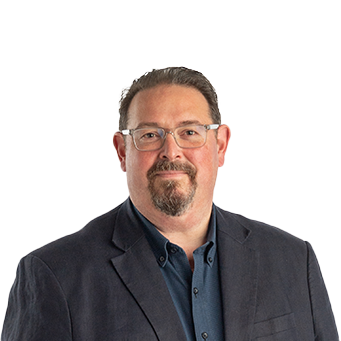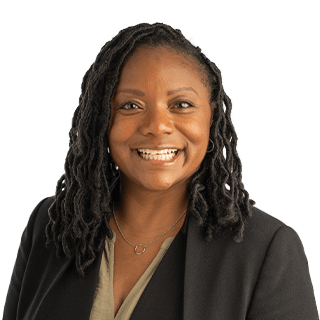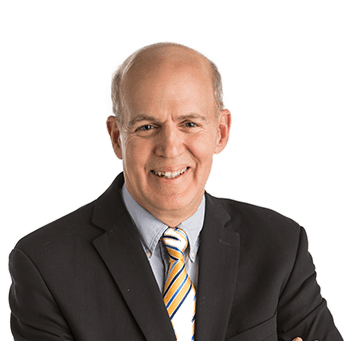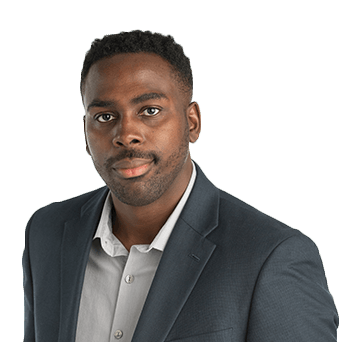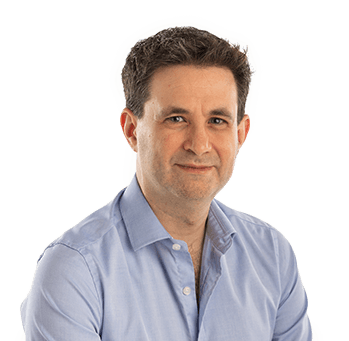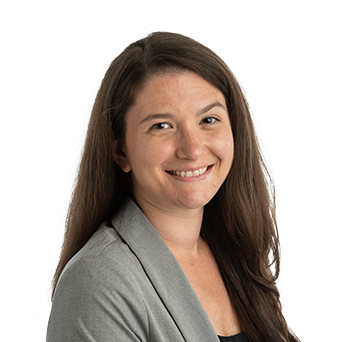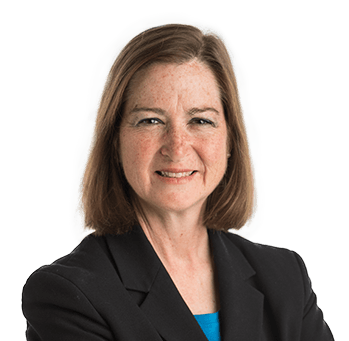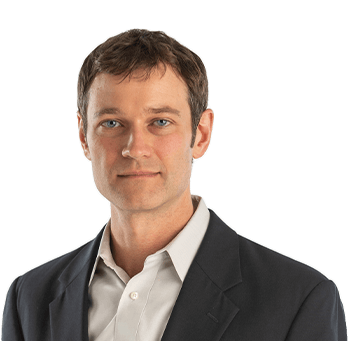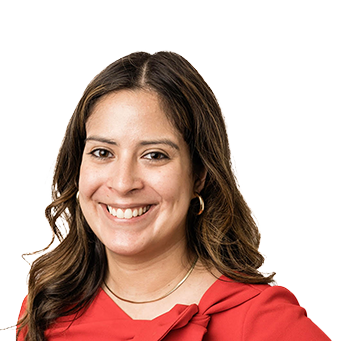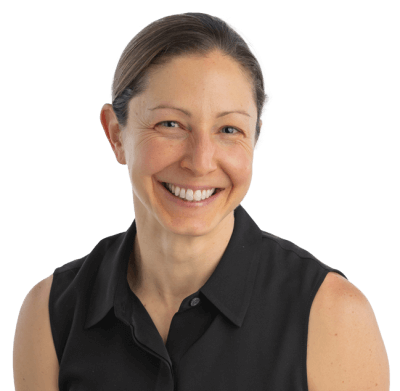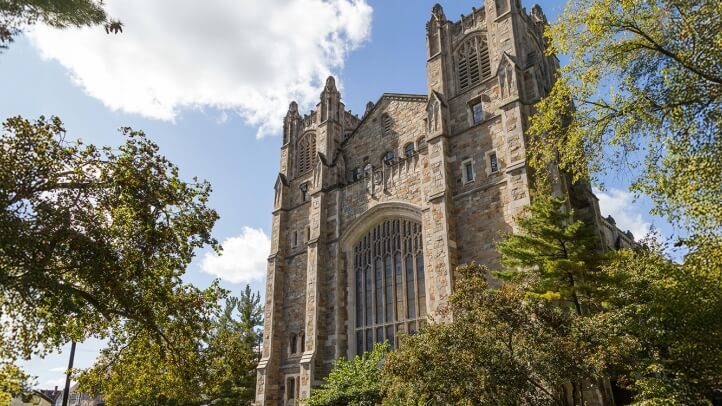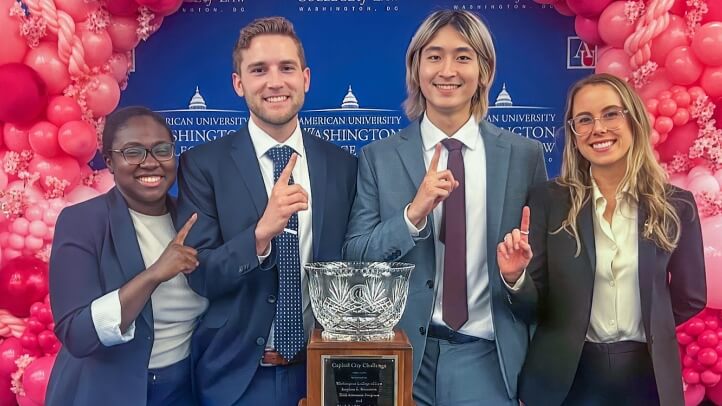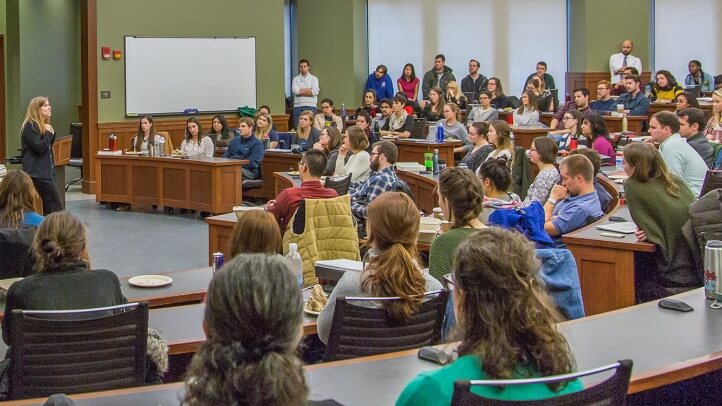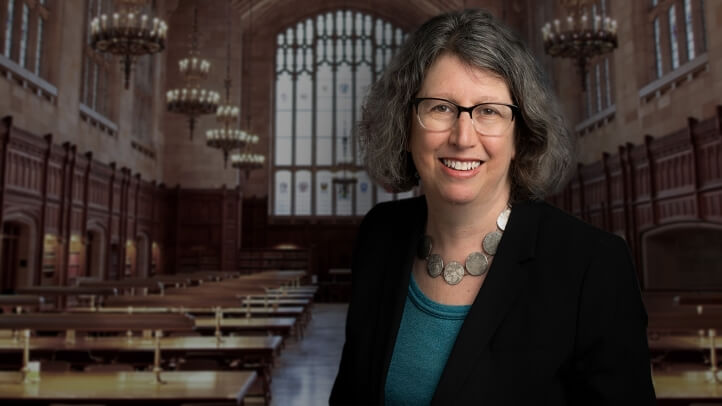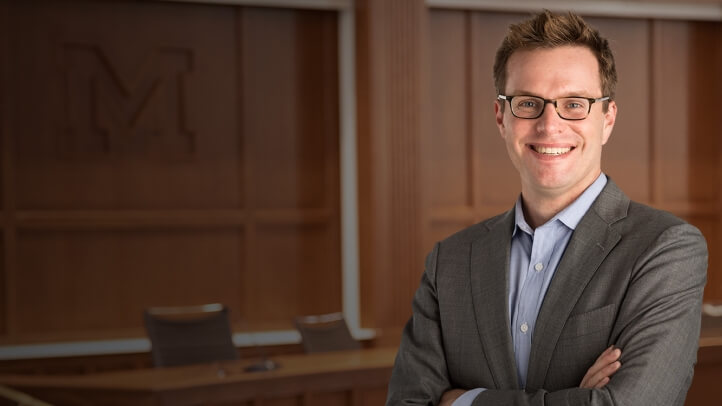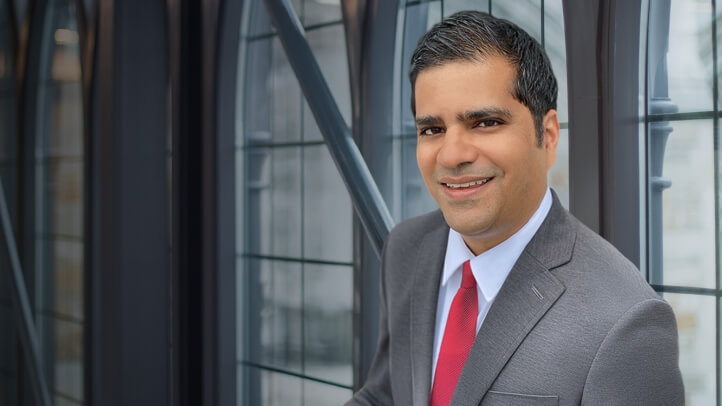Forging the Next Generation of Criminal Justice Leaders
Lawyers who study and practice criminal law work with some of the most vulnerable members of society—people accused and convicted of crimes as well as victims of crimes like hate crimes, sexual assault, and child abuse.
And we focus on some of society’s most urgent challenges—police use of force, sexual assault on college campuses, racial disparities in the criminal justice system, use of military troops to respond to civil unrest, and disinformation operations, among others.
The best criminal litigators are those who not only know what the current law is, but also understand how it came to exist and how it could be better.
People like trial lawyer Clarence Darrow, who built a national reputation as a criminal defense attorney even before the “Scopes Monkey Trial.” And U.S. Supreme Court Justice Frank Murphy, whose dissent in Korematsu v. United States was the first time “racism” appeared in a Supreme Court opinion. Both attended Michigan Law, part of a long tradition of producing public service lawyers who make their mark on the law and on history.
It’s a tradition we take seriously.
If criminal law is your path, you will find mentors and kindred spirits here. Our professors have worked as public defenders, prosecutors, and policy advocates. Our courses cover issues arising in violent crime, drug trafficking, sexual assault, white collar crime, national security, cyber crime, and other offenses. We have an active public service law organization, a criminal law society, and many different clinical offerings for students interested in criminal work. At Michigan Law, you can even participate in a clinic as a first-year student.
We also have the only year-long intensive Training Institute for aspiring public defenders in the country, as well as annual mock trial and criminal law moot court competitions, including a dedicated moot court for 1Ls and the Henry M. Campbell Moot Court competition, which has existed for nearly a century.
Opportunities in Criminal Justice Reform
Our focus is not just on training individual lawyers for practice and public service. We also train our students to think about the criminal justice system in which they work. What is fair? How does bias impact our experience of justice and punishment? How should the law adapt to evolving technology? Where and why does the system break down for some people?
We offer a collection of courses specifically designed to get students to think about how to be effective impact litigators. These are run by faculty who work in systemic reform and policy on both the criminal justice and non-criminal justice sides, and include top former officials in the Civil Rights Division at DOJ, former civil rights officials at DHS, former U.S. Attorneys, and advocacy leaders from organizations like the ACLU. By bringing together theoretical questions and practical insight, we are training not just lawyers, but the next generation of criminal justice visionaries.
Faculty
Michigan Law has a long history of trailblazing scholars in criminal law and procedure. Our faculty includes six former public defenders and four former federal prosecutors. We also have multiple faculty members who do empirical work on the criminal justice system and several who work on systemic criminal justice reform.
Michigan is the school that invented the study of the constitutional law of policing as a specific discipline, and our faculty members literally wrote the casebook on modern criminal procedure. Yale Kamisar, an emeritus professor, is widely credited as the “father of Miranda” rights (yep, that Miranda: “You have the right to remain silent…”)

